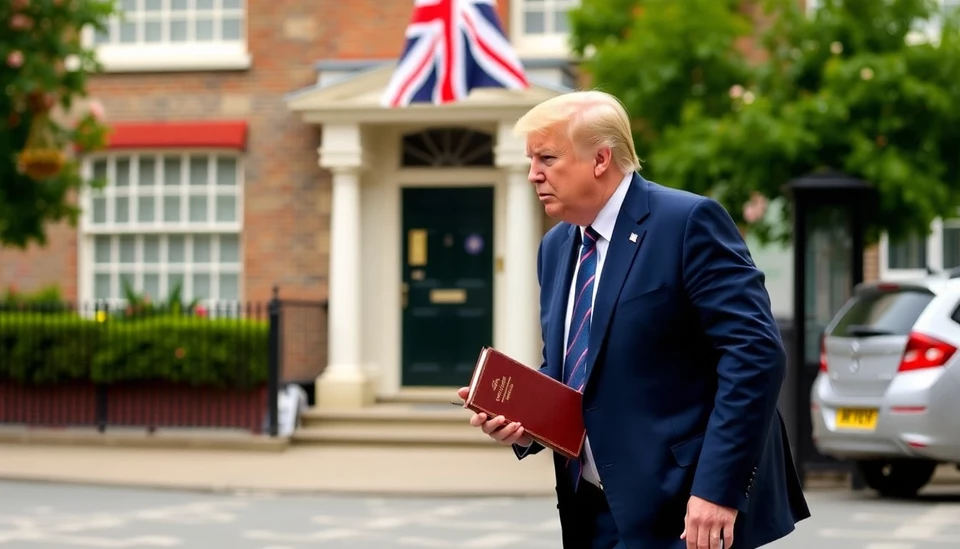
The United Kingdom's private sector experienced its largest contraction in nearly a year, primarily driven by the negative impact of rising tariffs on orders. This downturn reflects a broader struggle within the UK's economic landscape as businesses grapple with heightened costs and altered market conditions.
According to recent data released, the Purchasing Managers' Index (PMI) fell sharply, indicating that both manufacturing and services sectors witnessed a significant slowdown. Experts have attributed this decline to the introduction of new tariffs that have raised operating costs for companies across various industries. As a result, firms have reported a decrease in new orders, prompting concerns regarding the sustainability of their operations.
The service sector, which is a vital component of the UK economy, reported a notable slump. Businesses have cited the challenges posed by increased tariffs and inflationary pressures, which have dampened consumer spending. Many sectors, particularly retail and hospitality, are now facing a tough battle to maintain profitability amidst these adverse conditions.
Manufacturers are particularly feeling the pinch, often encountering reduced export orders due to the elevated costs of raw materials and parts. The potential long-term implications of this contraction could translate into slower economic growth for the UK, raising alarms among economists and policymakers alike.
Market analysts have warned that if this trend continues, it could signal broader economic challenges ahead, as companies may be forced to adjust their workforce, cut costs, or scale back investments. This situation may ultimately lead to a cascading effect, dampening overall economic sentiment and further contracting the private sector.
In response to these evolving economic realities, economists are urging the government to consider measures that could alleviate the pressures on businesses, such as re-evaluating tariff structures or introducing stimulus packages aimed at stabilizing the trading environment.
As the private sector continues to navigate these turbulent waters, stakeholders will be closely monitoring the developments in both domestic and international markets to assess the potential for recovery. The coming months will be critical for determining the trajectory of the UK economy and the resilience of its private sector.
In summary, the significant contraction of the UK's private sector highlights the critical importance of addressing underlying economic challenges, particularly as businesses strive to adapt to a rapidly changing landscape.
#UKEconomy #PrivateSector #Tariffs #EconomicContraction #PMI #Manufacturing #ServicesSector #EconomicChallenges #UKBusiness
Author: Laura Mitchell




